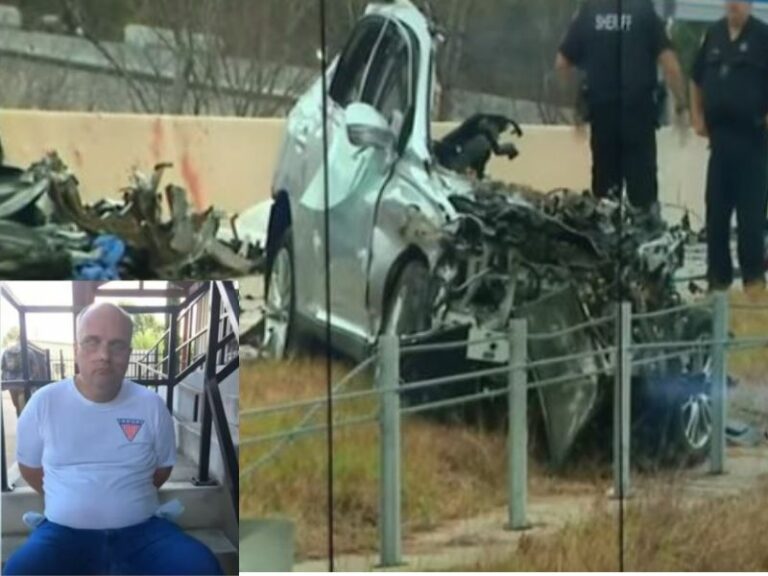Virginia Tech has had four sexual assaults in a week, What does it say?
The Virginia Tech Police Department heard about two different claims of sexual assault. Both events occurred at the Creativity and Innovation District Living-Learning Community Residence Hall at 185 Kent Street on Wednesday, August 24, and Friday, August 26. The bad guy and the survivors knew each other, and the best way to describe their relationship is as one of the acquaintances. The person who did it is a student at Virginia Tech who now lives nearby.
Based on the information given, these events meet the criteria for the crimes of rape, defined in Virginia Code 18.2-61, and strangulation, defined in Virginia Code 18.2-51.6. The information on this page is limited so that the survivors can keep their identities, privacy, and legal rights safe.
What is next?
Suppose you report a sexual assault that happened on the Virginia Tech campus. In that case, officers and detectives from the Virginia Tech Police Department will work with you to figure out what will be best for you and your safety. Officers are always available, day or night, to help you with the next steps and answer any questions you might have. As the victim of a sexual assault, you can choose to report the crime or have the police and the Title IX office at the institution look into the case in detail.
Either choice will work. Right now, investigations can be done to keep the evidence safe, and you can take as much time as you need to decide if you want to press charges or not (s). Both the Virginia Tech Police Department and the Title IX office, which is part of the Virginia Tech Office for Equity and Accessibility, can look into something at the same time (oea.vt.edu). If a crime happens in another area, the Virginia Tech Police Department can help you get help from that area.
What does the Virginia Tech Institute say?
The federal Jeanne Clery Disclosure of Campus Security Police and Campus Crime Statistics Act requires Virginia Tech to share this information with the public. This law says that all colleges and universities participating in federal financial aid programs must keep and share information about crimes on or near campus.
Campus police strongly suggest that students don’t do sexual things without first explaining their boundaries, finding their partners’ boundaries, and getting their agreement. The Student Code of Conduct at the university says that consent is “knowing, voluntary, and clear permission by word or action to take part in mutually agreed-upon sexual conduct.” The university’s Student Code of Conduct has a definition of consent. When figuring out if consent was given, all of the circumstances, including where the supposed act of consent took place, are considered. Pressure, force, or intimidation from either side can’t get someone to agree, and silence isn’t always a sign of agreement.
If a person can’t permit because they are under the influence of alcohol or drugs, have a disability, or aren’t old enough to permit by law, they can’t give permission. If someone agrees to one kind of sexual behavior, that doesn’t mean they automatically agree to all other sexual behavior. The choice to agree can be changed at any time. Relationships or consent to sexual activities in the past can’t be used to infer consent to sexual activities in the future.





